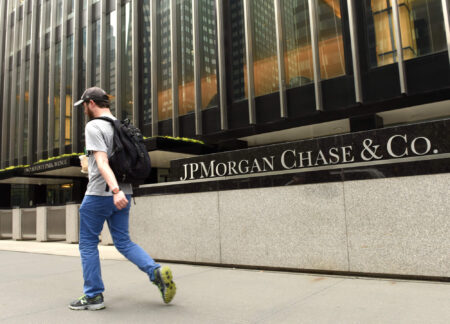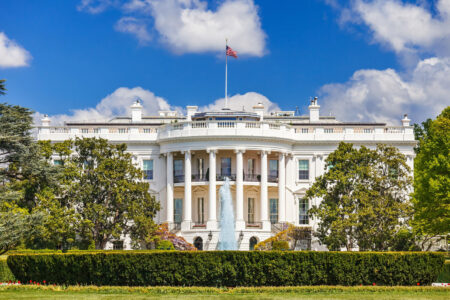The development team behind the largest decentralized exchange, Uniswap, is restricting access to more than 100 tokens in an effort to adapt to an evolving regulatory landscape. Tokenized stocks and derivatives that embody securities are primarily affected.
A blog post announced the controversial move and, in the same move, removed the affected tokens from the official user interface. The full list includes majority financial products (put/call) and derivatives from the Synthetix protocol, as well as synthetic shares in the form of blockchain tokens. The tokens are still available on Uniswap, but it is necessary to interact with a third party interface or directly with the smart contract.
Uniswap - the protocol
The reaction from the crypto community saw the alleged decentralization of Uniswap being questioned. The protocol is managed and updated by UNI token holders using three different components: the UNI token and the governance module. Together, these features allow the community to propose, vote on, and implement changes to the Uniswap protocol.
Access to the protocol is provided by various platforms, or by the users themselves. In this case, the operators determine on their own which pairs are listed and traded. However, unlike the decentralized computer code in the form of a smart contract, the centralized provider behind the official interface provides a regulatory attack surface. This is because although the protocol is difficult to regulate, the development team is subject to the demands of the relevant authorities.
Uniswap Labs - the software development studio.
The developer studio behind the decentralized exchange intends to continue developing products and contributing to the Uniswap decentralized protocol. It does so in a way that is consistent with the values of the DeFi industry as a whole - to provide users around the world with a secure, transparent and robust financial infrastructure. Still, the company must adhere to regulatory requirements in the United States.
"To continue to innovate and provide this tool to the Uniswap community, we are monitoring the evolving regulatory landscape. Today, in line with measures taken by other DeFi interfaces, we made the decision to restrict access to certain tokens through app.uniswap.org." - Uniswap Labs, announcing the decision.
One of those contributors is the portal app.uniswap.org - an open-source interface for reliable, trusted interaction with the Uniswap protocol. In an announcement, the company indicated that “the affected tokens had a low volume anyway,” emphasizing the decentralized nature of the protocol itself. The move would also have no impact on the code of the open-source interface, which users could continue to copy and customize.
Regulation of options and derivatives tokens
Regulatory pressure on the crypto sector is increasing in several areas. In particular, equity tokens and synthetic financial products such as derivatives and options have come under regulators' scrutiny. Securities and Exchange Commission (SEC) Chairman Gary Gensler, for example, came out in favour of clear regulation of these services a week ago.
"It doesn't matter if it's an equity token, a stablecoin backed by securities, or any other virtual product that provides synthetic exposure to underlying securities," he said. These platforms - whether in decentralized or centralized finance - are affected by securities laws and must operate within our securities regime." - Gary Gensler, SEC Chairman
Dan Berkowitz, commissioner of the Commodity Futures Trading Commission (CFTC), also expressed reservations about the nascent sector in a keynote address last month. Berkowitz called it a "growing area of concern" and even questioned the legality of decentralized financial products (DeFi). Whether Uniswap Labs was contacted directly by regulators is unclear, but their negative attitude toward these services certainly contributed to the development team's decision.




